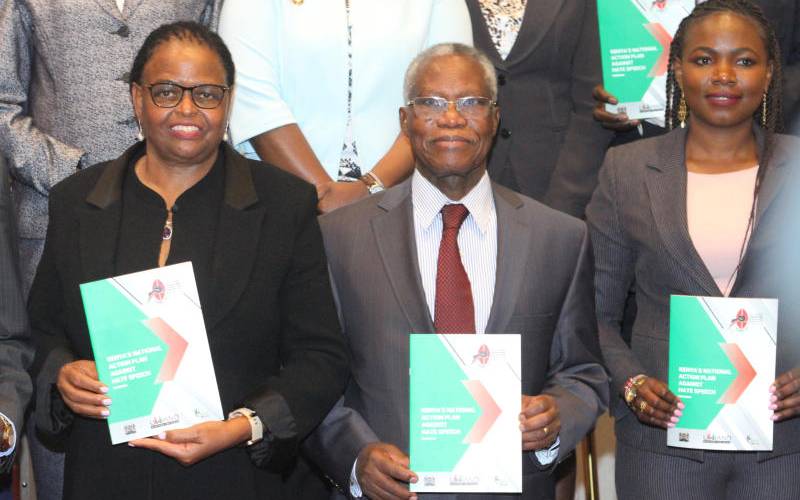×
The Standard e-Paper
Smart Minds Choose Us

Chief Justice Martha Koome has announced plans to establish special courts to handle election-related offences. Justice Koome said the special courts will be in areas identified as hot spots for election-related crimes.
Speaking during the launch of the Kenya National Action Plan against Hate Speech by the National Cohesion and Integration Commission (NCIC), Justice Koome said she had also gazetted special magistrates to handle hate speech cases and other election offences.